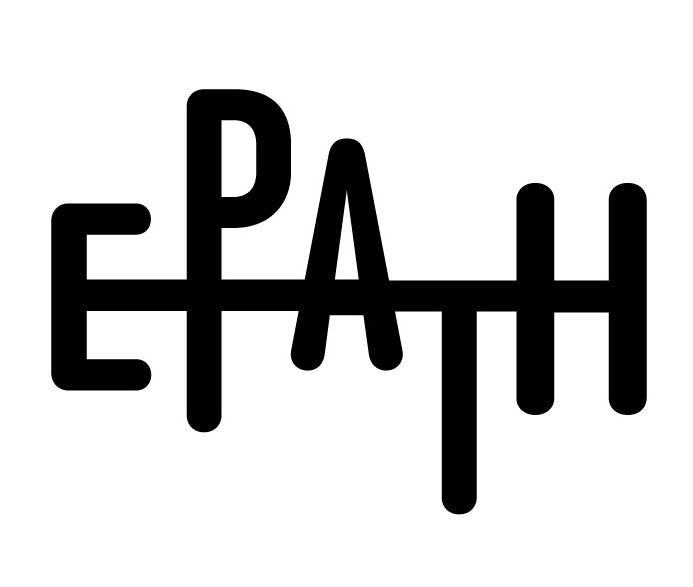The Year in Review
The Year in Review offers a synoptic review of notable new literature in various sub-specialties of transgender care. Confirmed speakers are:
Dr. David Garcia Nuñez

Mental health (adults)
Background:
The number of transgender and gender nonconforming (TGNC) adults, including those who do not identify with binary gender constructs, undergoing medical interventions has been increasing for years. In addition to the quality of various somatic treatments and their outcomes, the mental health of the TGNC population is increasingly becoming the focus of clinical and research attention.
Aim(s):
To present a synthesizing summary of the broad body of literature on the mental health of the TGNC population using a perspective based on the Gender Minority Stress Model (GMSM).
Methods:
A systematic search of Pubmed/Medline for articles published in 2021 and 2022 was conducted. All papers published in English, German, Spanish and French dealing with the mental health of the TGNS population were included. Articles focused on children and young people were excluded. Studies examining LGBTIQ+ populations were only included if they showed an explicit data analysis of the TGNC groups.
Results:
Based on the different GMSM categories, the presentation will outline the main qualitative and quantitative article findings and the remaining and clinically relevant research gaps.
Bio
Dr. David Garcia Nuñez (he/ his) is a medical doctor in adult psychiatry, psychoanalytic psychotherapist, and sex therapist. He leads the innovation focus on gender variance at the University Hospital Basel (Switzerland), where in a unique model for Switzerland, adults with gender incongruence receive multiprofessional and interdisciplinary counseling and treatment. In addition to his clinical and supervisory work with various team members, David conducts (mostly participatory) research in the area of sexual and gender minority mental health. On the one hand, he is interested in optimizing medical interventions for gender reassignment. On the other hand, his work focuses on the biopsychosocial mechanisms that enable the internalization of stigma. David is also committed to improving the quality of life of gender-specific people outside of the hospital. He has been a member of parliament in his hometown (Zurich) since 2017, where he was able to launch and promote various initiatives (integrated transaction plan, creation of an LGBTIQ-inclusive retirement and care center, establishment of LGBTIQ-specific apartments for adolescents and young adults).
Dr. Anna van der Miesen
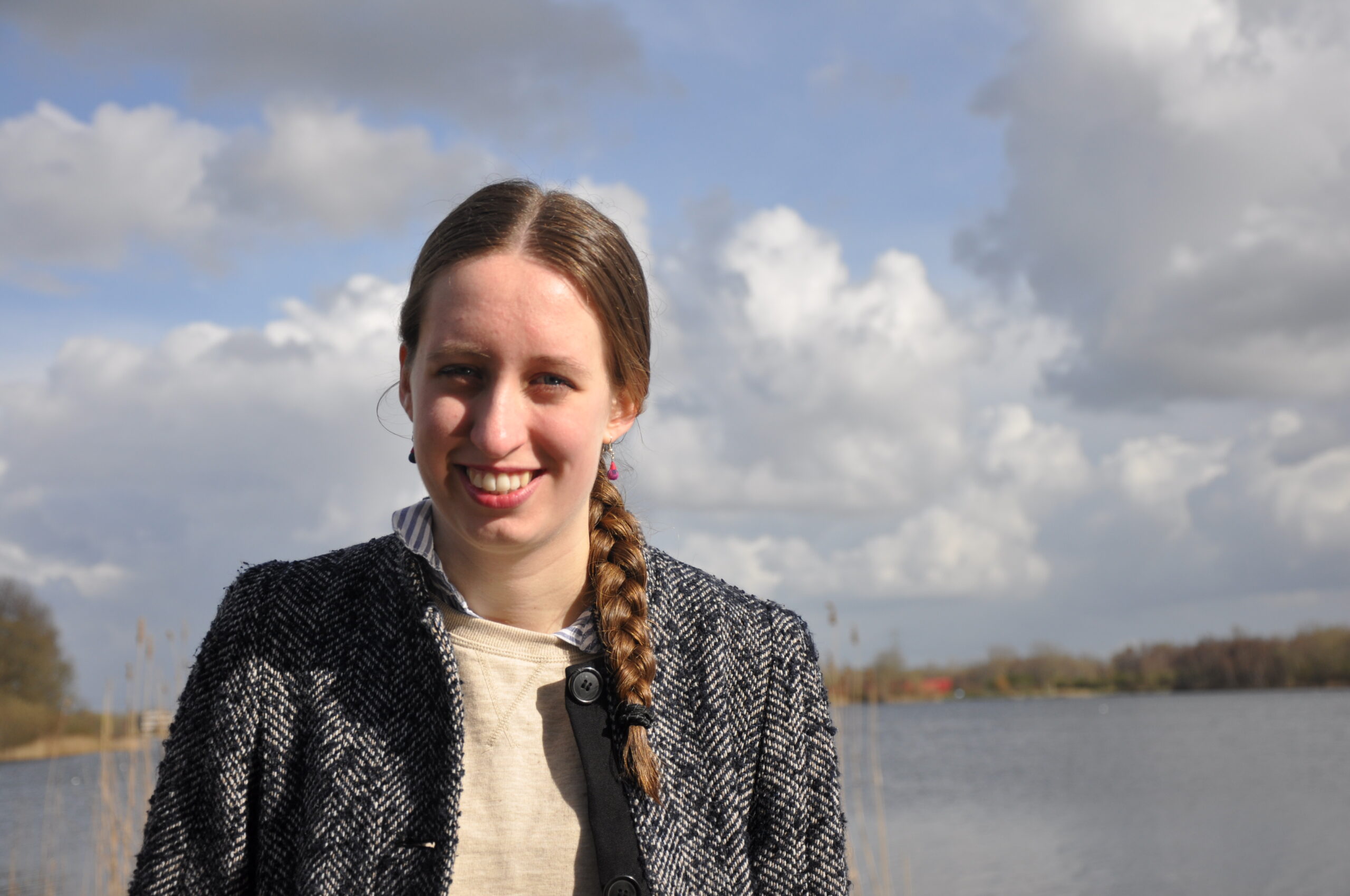
Mental health (children & adolescents)
Background: There is an ongoing increase in the number of children and adolescents seeking care at gender identity specialty services. The evidence-base surrounding transgender/ gender diverse children and adolescents is also increasing, with a substantial number of scientific publications focusing on the mental health of these populations.
Aim(s): To present an overview of the published studies on mental health of transgender/ gender diverse children and adolescents.
Methods: A systematic search of published articles between August 2021 and April 2023 in Pubmed/Medline and Psycinfo was carried out. The following inclusion criteria were used: 1) study included participants aged 18 years or younger; 2) one or more study variables were related to mental health; and 3) articles were available in the English language. Review articles meeting these criteria were also included. All found articles were initially screened by their title and abstract, followed by the full review for the articles meeting the initial inclusion criteria. Two researchers independently performed the initial screening of records, and in case of a discrepancy, a third researcher decided whether or not to include the article.
Results: The presentation will include both a quantitative and thematic summary of the content of the included articles. In addition, the impact of the findings on the daily lives of transgender/ gender diverse children and adolescents and on gender-affirming care will be discussed.
Bio
Dr. Anna van der Miesen (she/her/they/them) is a medical doctor in child and adolescent psychiatry and a post-doctoral researcher at the Center of Expertise on Gender Dysphoria of the Amsterdam UMC, location VUmc. Anna combines clinical work with gender diverse and neurodiverse/autistic children, adolescents, and young adults with research on the intersections of gender diversity, neurodiversity, and mental health. Their research focusses on follow-up studies of gender diverse populations and community-based participatory approaches, partnering with gender-diverse and neurodiverse stakeholders to set research priorities and interpret study findings. In addition, Anna is building cross-cultural and cross-nation study initiatives to help gender diverse youth around the world. As part of the WPATH Global Education Initiative and other teaching programs, Anna is advocating for more awareness of the intersection of gender diversity and autism.
Dr. Dorte Glintborg

Endocrinology
Background: Gender affirming hormone therapy is considered an important part of gender affirming health care. The goal of gender affirming hormone treatment is serum levels of sex hormones that match the individual’s gender identity. Gender affirming hormone treatment is generally considered safe, but individual tailoring of treatment regimens and long-term risk of side effects are still discussed.
Aim(s): To identify and present results from studies on endocrine aspects of transgender health with primary focus on gender affirming hormone therapy for adult study populations.
Methods: A search in PubMed and clinical trials on papers and ongoing studies between August 2021 and April 2023 on gender affirming hormone therapy and endocrine aspects of transgender care.
Main Outcome Measures: Publications included in the presentation are selected based on their novelty, importance and potential impact on gender affirming endocrine care.
Results: The presentation will include a discussion on recent and ongoing studies regarding cardiovascular and metabolic outcomes and risk of cancer during gender affirming hormone treatment and studies on kidney, liver and brain function. Evidence on progesterone, 5 alfa reductase, selective estrogen receptor modulators and upcoming gender affirming hormone treatments will also be presented.
Bio
Dr. Dorte Glintborg is associate professor and senior consultant at Odense University Hospital, Department of Endocrinology. She is a responsible senior consultant at Center for transgender care Odense University Hospital. Her areas of clinical work involve transgender care, pituitary, adrenal and gonadal diseases, PCOS, and bariatric surgery.
Scientific focus areas include endocrine aspects of transgender care and gender affirming hormone treatment and she is active part of the ENIGI initiative. Other research initiatives involve hirsutism and PCOS, pituitary and adrenal diseases, hypogonadism, Odense Child Cohort and active membership of the Nordic PCOS awareness Group.
Prof. dr. Jochen Heß
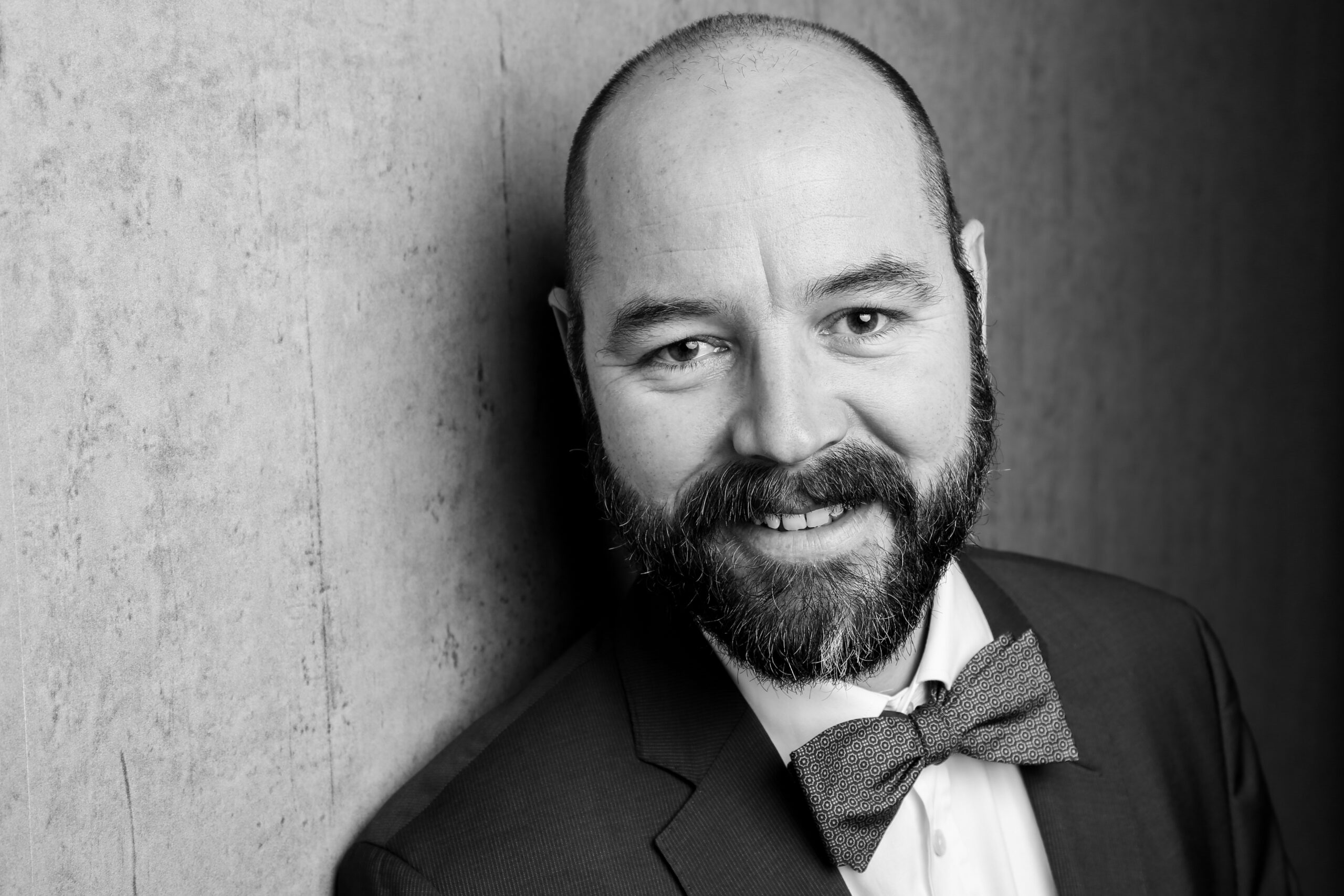
Surgery
Background: The number of people seeking gender-affirmation surgery has steadily increased in recent years. This is reflected in a seemingly exponential increase in scientific literature in recent years.
Aims: To provide a synoptic review of notable new literature in the field of surgical transgender care.
Methods: Pubmed data base was used to identify relevant articles published between 2021 and 2023. Initially the two search terms “transgender” and “surgery” were combined. In further searches, the terms “non-binary” and “surgery”, “detransition” and “surgery” as well as “transgender” and “uterine transplant” were used. After removing duplicates in Endnote, title and abstract screening was performed. All publications were written in English, peer-reviewed and understood by the reviewer to be research that makes an important contribution to the field of surgery. Only full publications were considered.
Results and Conclusion: As of January 8th 2023 a total of 829 full publications were found for the combination “transgender” and “surgery” since 2021. This corresponded to about 40 % of the total literature listed in Pubmed for this search combination since 1992. 55, 6 and 11 full publications were found for the search combinations “non-binary” and “surgery”, “detransition” and “surgery” as well as “transgender” and “uterine transplant”. This corresponded to approximately 65%, 75% and 39% of the literature since the first listing on Pubmed. This review will highlight the main findings from key surgical publications since the last EPATH conference.
Bio
Jochen Heß (he/his) is a professor at the Department of Urology at the University Hospital Essen, Germany and has been involved in gender medicine since 2007. He has been a founding member of the European Association for Gender Surgeons since 2013 and a member of WPATH / EPATH since 2016. He is also a founding member of the working group “Gender Incongruence” of the German Society of Urology and a member of the corresponding working group of the German Society for Plastic, Reconstructive and Aesthetic Surgery. Jochen Heß is one of two coordinators of the German surgical guideline (S2K level), which is about to be adopted.
Dr. Amets Suess Schwend
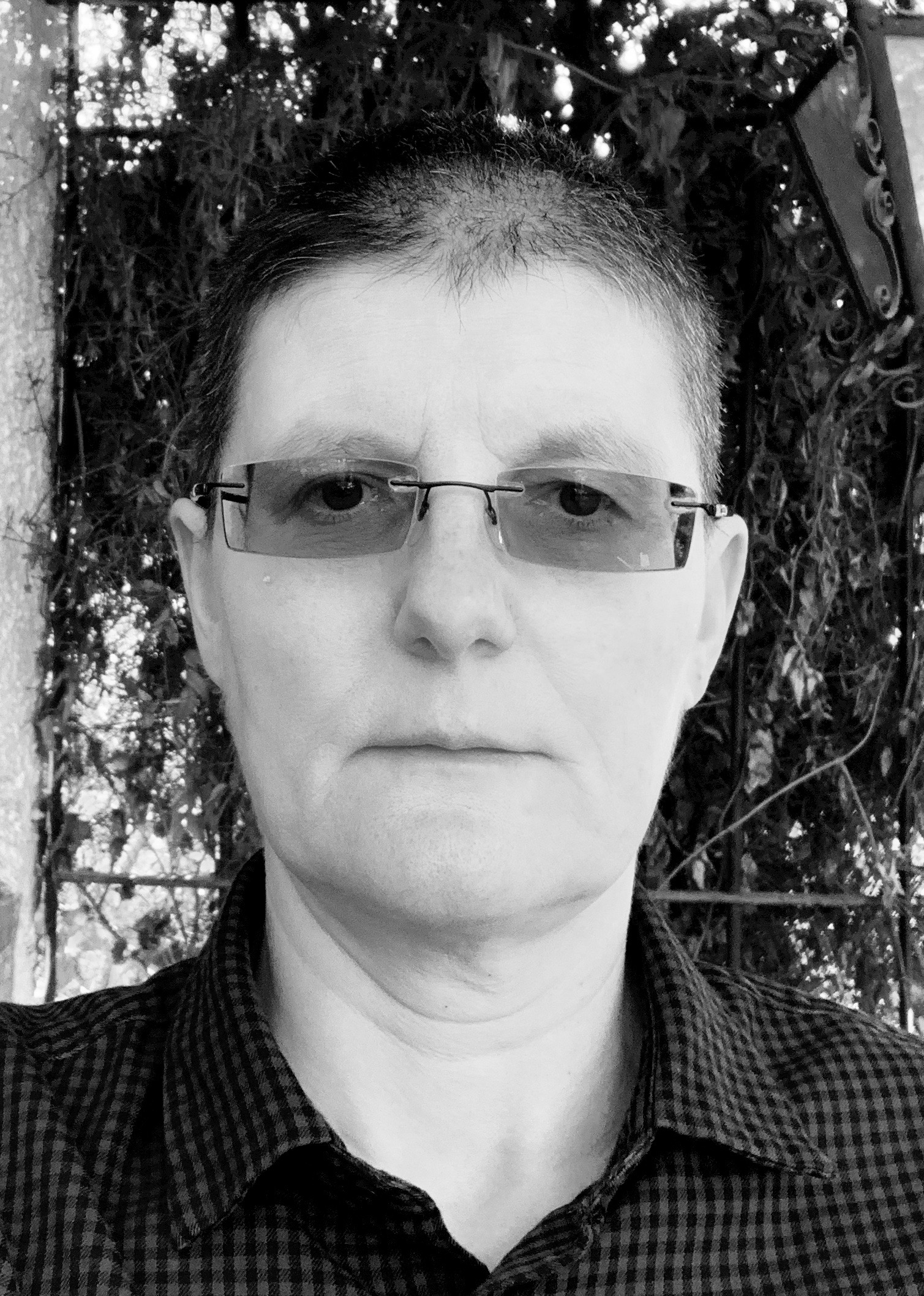
Social & Political Sciences
Background: Social and political sciences are developing reflections on the human rights of trans people, their social situation, health, access to healthcare and healthcare decision-making, within an increasing field of trans studies. They contribute relevant perspectives and strategies for professionals working in the area of trans healthcare, aimed at approaching complex intersectional situations of discrimination, transphobia and social inequities.
Methods: A scoping review was conducted in Scopus, with the following eligibility criteria: articles published from September 2021 – December 2022 in the subject area Social Sciences (SOCI) in English, Spanish, French, Portuguese and German. The keywords transgender or trans in title and abstract were combined with keywords related to specific topics that are relevant in the current discussion in the field, focusing on intersections between social aspects, health, access to healthcare and healthcare decision-making. Furthermore, trans-related books and edited books were reviewed that were published in the established timespan in high ranking social and political sciences editorials.
Results and conclusions: The review provides an overview on trans-related scientific knowledge production in the field of social and political sciences published after the last EPATH conference, identifying recent developments in relevant topics, as well as emerging priorities and frameworks.
Bio
Dr. Amets Suess Schwend holds a PhD in Social Anthropology, MA in Arts Therapies and BA/MA in Sociology. They work in research and training at the Andalusian School of Public Health, Granada, Spain, and supervise PhD theses at the University of Granada. Since 2009, they have participated in international and regional networks, professional associations and projects related to trans and intersex human rights, health and healthcare, among them the EPATH Scientific Committee. Currently, they are consortium team member of the INIA: Intersex – New Interdisciplinary Approaches project, European Commission’s Marie Skłodowska- Curie Actions programme. Their PhD and recent publications focus on trans and intersex studies, human rights, depathologisation, intersectionality, health and healthcare, as well as research epistemologies, methodologies and ethics. In the artistic field, they use performance and other artistic languages to work on gender and bodily diversity, depathologisation and human rights.
Prof. dr. Maria Cristina Meriggiola

Reproductive health
Background: Gender affirming hormonal and surgical treatments may negatively impair fertility of transgender (TG) people. Considering a trend toward a decrease of age at the time of initial presentation, best practice guidelines recommend discussing future fertility desires, known and unknown infertility risk, options and outcomes of fertility preservation both before gender affirming medical treatments and across treatments. Such counseling is more often not performed or inadequate, especially in younger TG. Data on outcomes of fertility preservation in transgender population remain scarce, and evidence-based strategies are still needed to inform the counseling and the decision of TG people on their future fertility options.
Aims: to select most relevant studies on fertility issues in transgender population.
Methods: A literature search of major databases (Pubmed, Medline, Google Scholar, Web of Science) was completed using the search terms pertaining to reproductive health topics such as fertility counseling, fertility preservation, fertility treatments in gender diverse and nonbinary population from August 2021 and April 2023.
Results and Conclusions: An overview on the most relevant advancement in this field will be discussed with a highlight to the need for more research to overcome barriers to reproductive care for this vulnerable population.
Bio
Dr Maria Cristina Meriggiola is associate professor at University of Bologna and senior consultant at IRCCS Azienda Ospedaliero Universitaria di Bologna, Clinic of Gynecology and Physiopathology of Reproduction. She is responsible of the Center for Transgender Health at the Hospital and has an active collaboration with MIT (Movimento Identità Trans).
Her scientific as well as clinical work include transgender care, contraception, intersex conditions, and menopause.
She is one of the funding member of SIGIS (Italian Society Gender Identity Health) and she is in the Board of Directors of this society.
Prof. dr. Matthew Mills

Voice and communication
Background: The field of gender-affirming voice therapy for trans, non-binary, and gender non-conforming people has been historically rooted in cisnormative narratives of ‘passing’ and the unconscious imposition of therapist-led goals. Outcome measurement has focused on the client’s ability to adhere to typically perceived and affirmed gender norms. A majority of the literature has centred on laryngeal surgical technique, without following longitudinal outcomes, exploring qualitative impact on the people who have had these surgeries, or investigating the psychosocial components of undergoing laryngeal surgery. Non-binary people and their voice exploration have gone largely ignored in the literature. Literature tends to strive for an apoliticisation that is untenable in the face of wide-scale dehumanisation and denial of rights for trans people. There is beginning to be a focus on interrogating the positionality of the voice practitioner (speech and language therapist/pathologist) which centres vocal pedagogical and therapeutic competence and process and, crucially, dynamic cultural humility. This presentation aims to offer an overview of the literature in trans and non-binary voice and communication since EPATH 2021 until January 2023.
Methods: Searches of electronic databases (EBSCO, Proquest, Cambridge Core, Gale Reference Complete, JSTOR, Project Muse, SAGE Journals Online, Science Direct, Research Gate) and scoping reviews of specific journals (International Journal of Transgender Health, International Journal of Speech and Language Pathology, Journal of Voice, American Journal of Speech and Language Pathology) between April 2021 and January 2023 were undertaken. Overarching search concepts ‘transgender’, ‘voice’ and ‘communication’ were combined, (followed with process checking search terms ‘transgender AND voice’, ‘transgender voice’, non-binary voice’, ‘transgender voice therapy’, ‘glottoplasty’, ‘Wendler Glottoplasty’, ‘Cricothyroid Approximation’). 159 papers were identified in total. After duplicates and exclusions, 33 relevant papers were extracted. Papers not related to gender-affirming voice therapy and voice surgery were excluded.
Results and Conclusions:159 papers in total were identified through the searches. Following duplicate removals, screening of papers via title, abstract and full-text, and application of exclusion criteria, 33 papers were retained and confirmed. The WPATH Standards of Care 8 was published and changes to voice recommendations will impact on voice clinicians – namely, the increasing need to address and attend to intersectionality and clinical privilege within voice exploration; the increasing attention to and understanding of the effects of testosterone on the singing voice; working with adaptations following the COVID-19 pandemic and remote voice training and applications. Pertinent themes and significant findings for voice and communication therapists, practitioners and researchers from SOC8 and reviewed papers are: firstly, the importance of acknowledging intersectionality and interrogating cisnormative privilege within clinical and research contexts; secondly, understanding developments in phonosurgery aimed at transmasculine and feminine people in socially fluid, vocally plural and life-long contexts; thirdly, reviewing the voice therapeutic interventions and the effectiveness of remote and hybrid delivery models post the COVID-19 pandemic; and lastly, the importance of loosening gender perception according to voice of cis people as a vocal and psychosocial outcome measure of success, with greater attention to the competence and humility of the voice practitioner.
Bio
Matthew Mills (he/him) BA(Hons) ASGM LTCL Mus Ed MSc cert MRCSLT
Matthew identifies as a queer, gay, cis-liminal man. He is the current President of the British Association of Gender Identity Specialists (BAGIS) an elected position he has held within the UK since 2019. He is Lead Consultant Speech and Language Therapist in Voice and Communication and Head of the Speech and Language Therapist Service at the Tavistock and Portman Adult Gender Clinic, London, where has worked since 2009. He has over 25 years’ experience as a vocal practitioner and pedagogue, originally reading English, Classics and Music at Keele University and training as an actor and musician at Guildhall School of Music and Drama (receiving the Chairman’s Prize) and Trinity College London. He holds an MSc with distinction from UCL in Speech and Language Sciences. He is founder member of the Trans Voice Clinical Excellence Network, National Adviser for the Royal College of Speech and Language Therapist, and External Examiner for the MA/MFA in Voice Studies at the Royal Central School of Speech and Drama. He is co-author with Gillie Stoneham of The Voice Book for Trans and Non-Binary People, Voice and Communication with Trans and Non-Binary People: Sharing the Clinical Space; with Sean Pert of Working With Trans Voice, and of forthcoming collaborations with Mary Moos, Jules Scheele and Meg-John Barker Trans Voice: A Graphic Guide, and with Natasha Stavropoulos Navigating Trans Voice. He is a gay rights campaigner and HIV survivor, seeking to challenge shame-based narratives of HIV in healthcare and society at large. He holds a deep commitment to social justice, personal authenticity and compassionate service in championing the rights of trans and non-binary people.
Lenny Emson
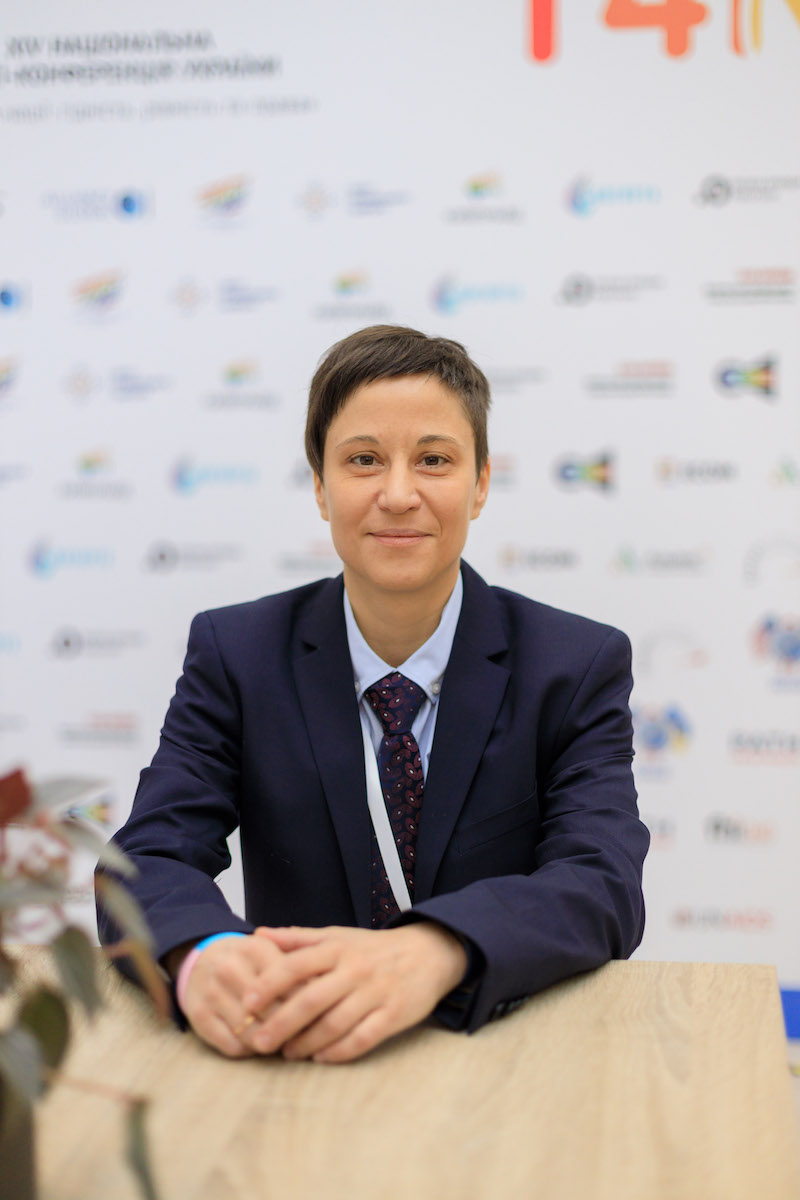
Law, politics, and ethics
Trans people have historically faced challenges in receiving trans specific healthcare that is accessible, affordable, and of high quality. According to the survey by the EU Fundamental Rights Agency, 34% of trans people from across all member states of the European Union reported having faced discrimination by healthcare workers based on their gender identity. At the same time, the need for trans specific healthcare and the very existence of trans identities are also facing growing attacks from anti-gender and anti-rights groups. This constitutes a real threat to the delivery of accessible, affordable, and quality depathologised trans specific healthcare and risks undoing the decades of progress that the community has fought hard to achieve.
Alongside these concerning developments, there are positives to note. Trans people are able to come out at younger ages than before and seek the legal protections and healthcare they need. This suggests that there is greater confidence, more visibility, and increasing opportunities for trans people to live healthier and better lives. It is an important moment to take stock of how far we have come and what we need to do to push for greater protections and equality for trans people.
The keynote will survey the recent key developments in law and policy in Europe in the last few years on a range of issues such as legal gender recognition, access to healthcare, equality and non-discrimination, and parenthood recognition. The developments will be situated in the context of the current challenges to trans rights in Europe and how healthcare providers and activists can come together to address them.
Bio
Lenny Emson is a Ukrainian-born LGBTQI human rights activist, a person that identifies as a bigender individual. S_he (him/his) has over 20 years of experience in the fields of human rights and advocacy for LGBTQI freedoms. Lenny has been involved in the LGBTQI movement as an activist, founder, and employee of several LGBTQI nonprofit organizations. Previously, Lenny has served as Executive Director for KyivPride, the largest Pride non-profit in Ukraine. Emson has also represented the international community in the ILGA World Trans Steering Committee, the Eurasian Key Populations Health Network’s “Global expert group on Transgender People and HIV/AIDS”, the board of Transgender Europe, and the Grant Making Panel of the International Trans Fund. Lenny is an active Board Member of the European Pride Organizers Association.
